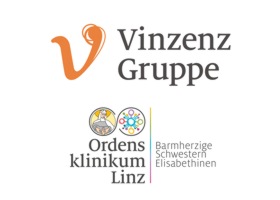Management options for proximal humerus fractures - A systematic review & network meta-analysis of randomized control trials.Tools Davey, Martin S und Hurley, Eoghan T und Anil, Utkarsh und Condren, Saorise und Kearney, Jack und O'Tuile, Cathal und Gaafar, Mohammed und Mullett, Hannan und Pauzenberger, Leo (2022) Management options for proximal humerus fractures - A systematic review & network meta-analysis of randomized control trials. Injury, 53 (2). pp. 244-249. ISSN 1879-0267 Für diesen Eintrag wurde kein Volltext-Dokument angefügt.
|
||||||||||||||||||
|
|
|
|


 Tools
Tools Tools
Tools